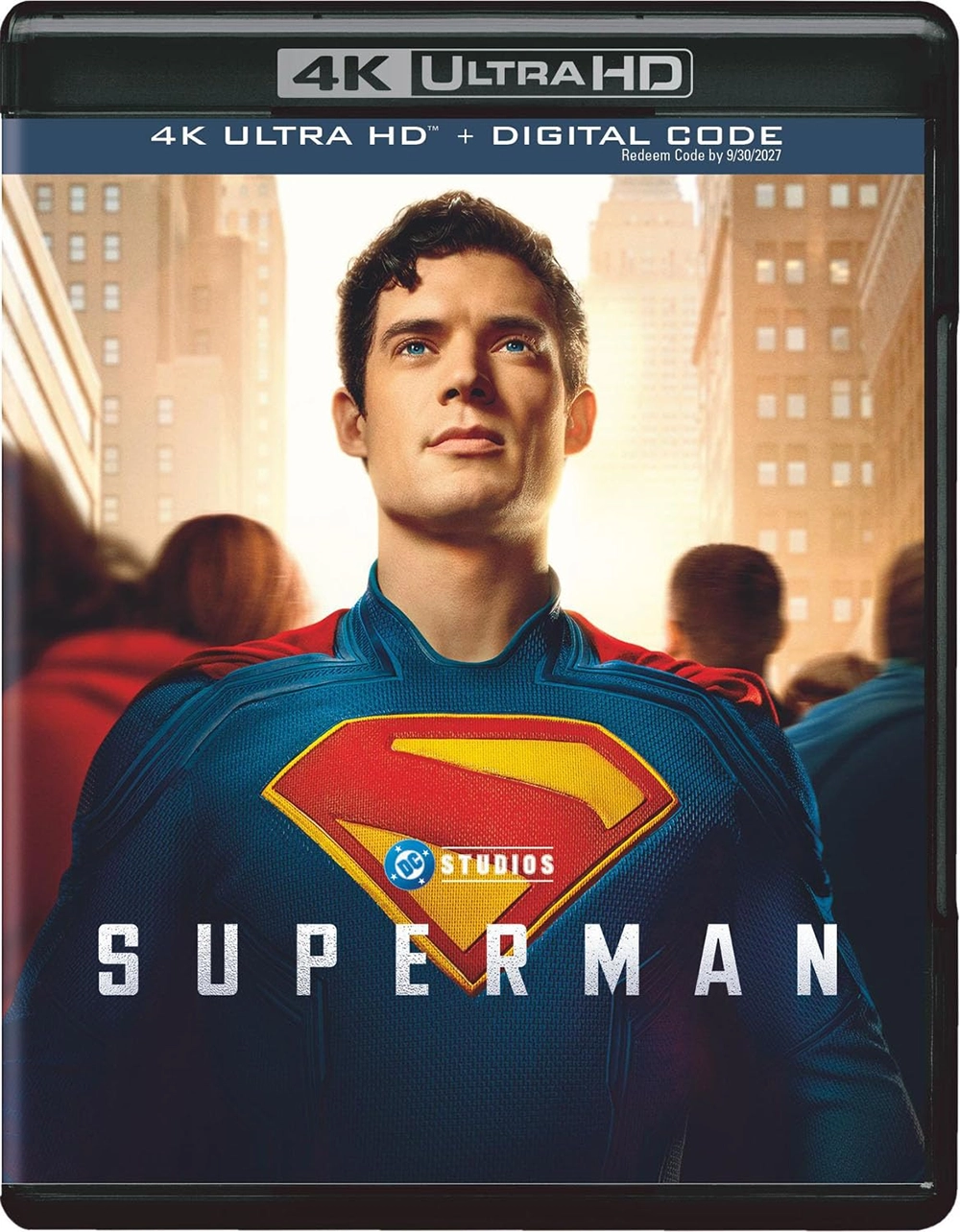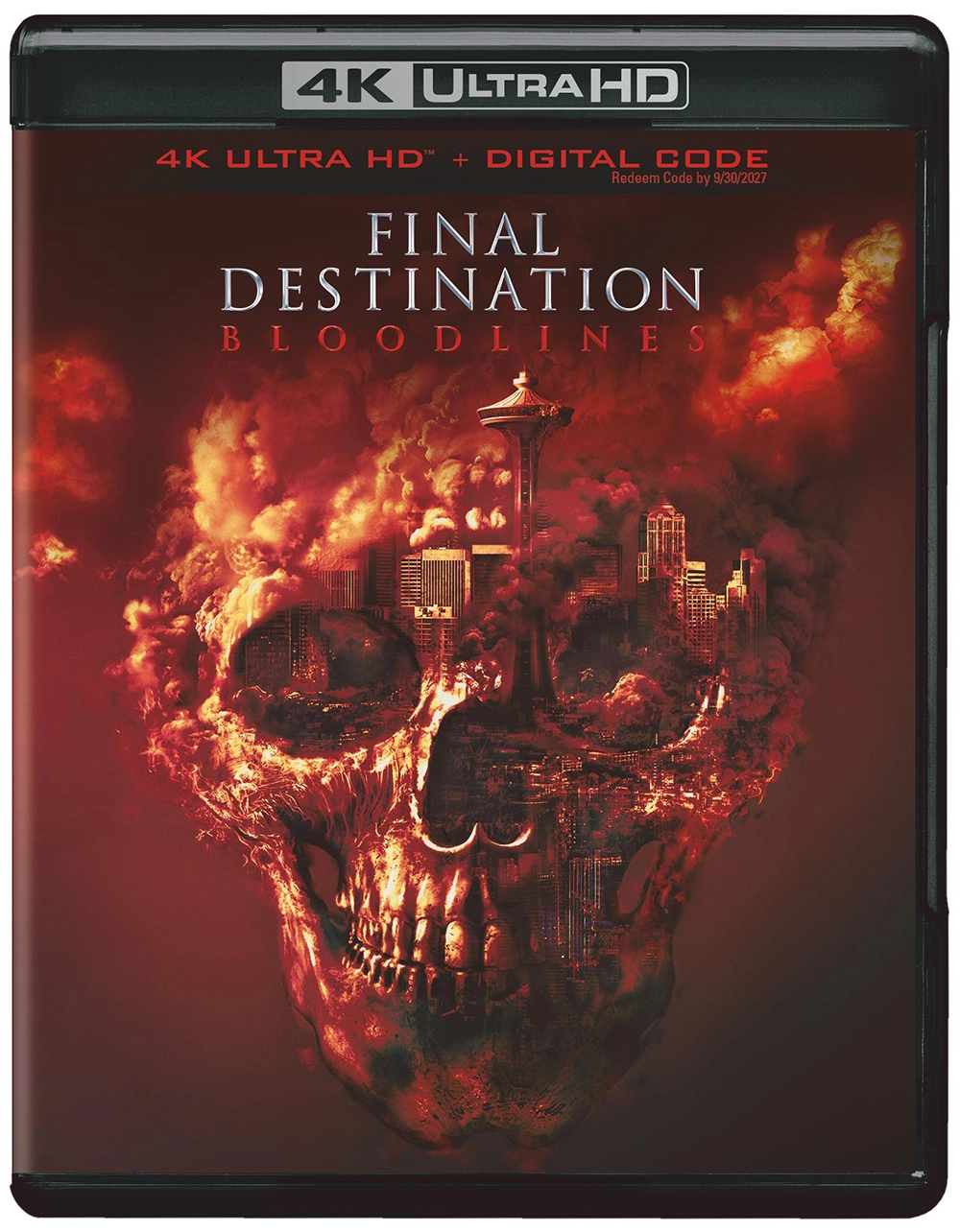Writer/director Ryan Coogler’s Black Panther is the latest Marvel Cinematic Universe entry to tread new ground in dazzling ways. Its accomplishments transcend mere sights and sounds. The social and cultural commentary is unlike anything the Marvel films — or superhero films in general — have ever addressed before.
At the heart of Black Panther is a story of the “haves” and “have-nots.” The haves, like the title character T’Challa (Chadwick Boseman), grew up in luxury within the confines of a hidden city. Though of royal blood, his cousin N’Jadaka grew up a have-not, left alone in a California apartment after the death of his father by the hand of his father’s uncle — T’Challa’s father.
It’s easy to emphasize with N’Jadaka’s cause; seeking to right the injustice done to him and find a place in his far away true home. However, the portrayal of the character by Michael B. Jordan takes some of that sympathy away. He’s just not even remotely a nice guy and shows no signs of remorse for his heinous actions.
The dichotomy between T’Challa and N’Jadaka parallels the greater story of Wakanda, the fictional African nation whose stash of Vibranium makes them the most technologically advance country on the planet. Why should the Wakandans keep the Vibranium to themselves when they could help solve the world’s problems? It’s a lessen learned the hard way.
Black Panther is clearly a deeply personal story for Coogler. He made it a point to create the king’s guard as an entirely formidable female squad, then went a step further and made one of them a main character. The smartest person in the film is also a woman. On top of these and other accomplishments, Coogler still manages to make the story seamlessly fit into the Marvel Cinematic Universe. Because of it that Universe is forever changed for the better.
The 4K Ultra HD presentation of Black Panther initially feels like a step back from the bright HDR-intensified color onslaught of Marvel’s first two 4K UHD titles: Guardians of the Galaxy Vol. 2 and Thor: Ragnarok. Its strengths come in other areas and are most evident in the opening sequences.
Black Panther opens at night in the past where the history of N’Jadaka begins to unfold. The deep blacks are impressive with no details washed away. Likewise, the first scene in the present that introduces T’Challa is equally dimly lit and equally impressive.
If you’re a colors person then T’Challa’s trip into the ancestral plane is the most memorable scene. The purples dancing in the sky during this sequence are beautifully rendered in either HDR-10 or Dolby Vision – both inclusive on the disc.
Disney and Marvel offer up Black Panther 4K audio with a preferred Dolby Atmos 7.1.4 mix. As with the previous two Marvel 4K releases you’ll want to turn up the volume above your normal baseline to get the most out of this mix. After you do, you’ll get a nice enveloping aural experience that never feels flat. It also never wows, and ultimately won’t be one you’ll come back to specifically for sonic booms or incredible 3D sound.
Marvel shared all four deleted scenes online before Black Panther even made it to Digital. Even so, there’s a decent selection of easily digestible extras, highlighted by a 20-minute roundtable that should be your first stop.
- Director’s Intro
- From Page to Screen: A Roundtable Discussion
- Crowning of a New King
- The Warriors Within
- The Hidden Kingdom Revealed
- Wakanda Revealed: Exploring the Technology
- 4 Deleted Scenes
- Gag Reel
- Exclusive Sneak Peek at “Ant-Man and The Wasp”
- Marvel Studios the First Ten Years: Connecting the Universe
- Director’s Commentary
After Creed and now Black Panther, Ryan Coogler has become a must-see Hollywood creator. This film exceeds expectations in virtually every way and you leave you wanting another dedicated to its personable characters. The 4K presentation is solid on visuals, a little light on aural punch, but will still entertain just as much as when you probably saw it previously in the theater.



